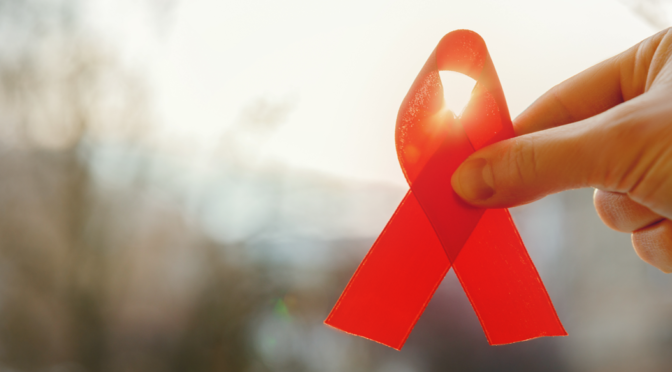Utilizing Behavioral Therapy to Address Stimulant Use Disorder

The Bizzell Group, in partnership with The University of Vermont’s Center on Rural Addiction has produced an interactive educational video for clinicians and practitioners highlighting Contingency Management options for addressing stimulant use disorders.
With rural stimulant overdoses now higher than in urban counties (6.7 vs 4.8 per 100,000.)[1], a renewed focus on combating addiction within these remote communities has taken on a new sense of urgency. “This video adds an important, well studied tool for addressing stimulant use disorder,” said Dr. Todd Mandell of The Bizzell Group who specializes in substance use and mental health and who was the lead producer of the educational video.
According to the Centers for Disease Control and Prevention (CDC), in 2018, 40% of all overdose deaths were attributed to stimulate use. Until recently there have not been medical treatment alternatives for practitioners treating patients with stimulant use disorder which makes the use of Contingency Management even more urgent.
The video highlights the history of the development of Contingency Management and stresses the key components of a successful program.
To view the educational video please visit: http://uvmcm.modernepic.net
[1] Hedegaard H, Spencer MR. Urban–rural differences in drug overdose death rates, 1999–2019. NCHS Data Brief, no 403. Hyattsville, MD: National Center for Health Statistics. 2021. DOI: https://dx.doi.org/10.15620/cdc:102891






